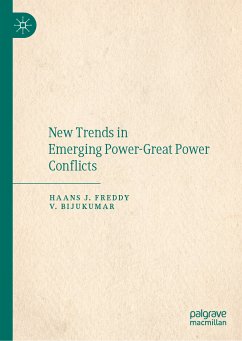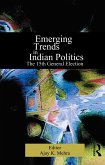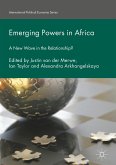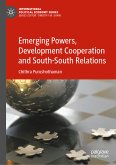- Prof Swaran Singh, School of International Studies, Jawaharlal Nehru University, New Delhi
A seminal work on Great-Power Conflicts by Freddy and Kumar brings a fresh and Global South perspective to comprehend the emerging great power conflicts. The book demonstrates how these conflicts not only alter the international system but also threaten peaceful development of Global South. Theoretically sound, the book puts forward a very convincing proposition that emerging great-power conflicts are rather becoming new norm and thereby these "asymmetrical" conflicts not only alter the regional structure but also trigger great- power conflicts.
-Dr. Rajiv Ranjan, Associate Professor, Department of East Asian studies, Delhi University
The rise and fall of states in the international system has been an interesting problem which has received attention amongst scholars, policy makers, journalists, politicians and leaders of states. The dramatic rise of China and India in particular, in terms of their economy and military capabilities, has brought about a paradigm shift in terms of thinking about world politics that is coupled with the decline of the US' hegemonic status. This volume explores potential futures when it comes to emerging power - great power competition and what may push us towards more pessimistic or optimistic scenarios.
Haans J Freddy is Assistant Professor in the Department of Political Science, Madras Christian College, Chennai, India.
V. Bijukumar is Professor and Chair, Centre for Political Studies, School of Social Science, Jawaharlal Nehru University, New Delhi, India.
Dieser Download kann aus rechtlichen Gründen nur mit Rechnungsadresse in A, B, BG, CY, CZ, D, DK, EW, E, FIN, F, GR, HR, H, IRL, I, LT, L, LR, M, NL, PL, P, R, S, SLO, SK ausgeliefert werden.









